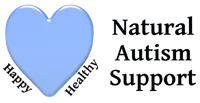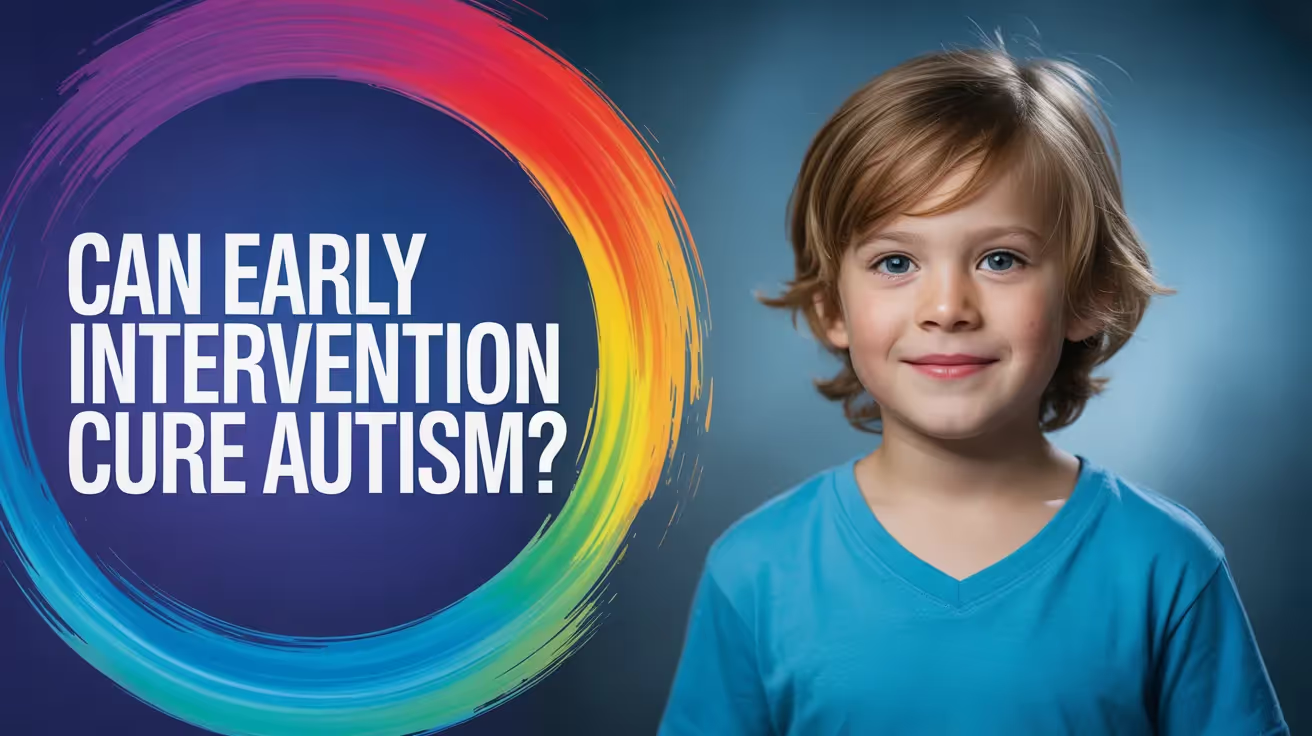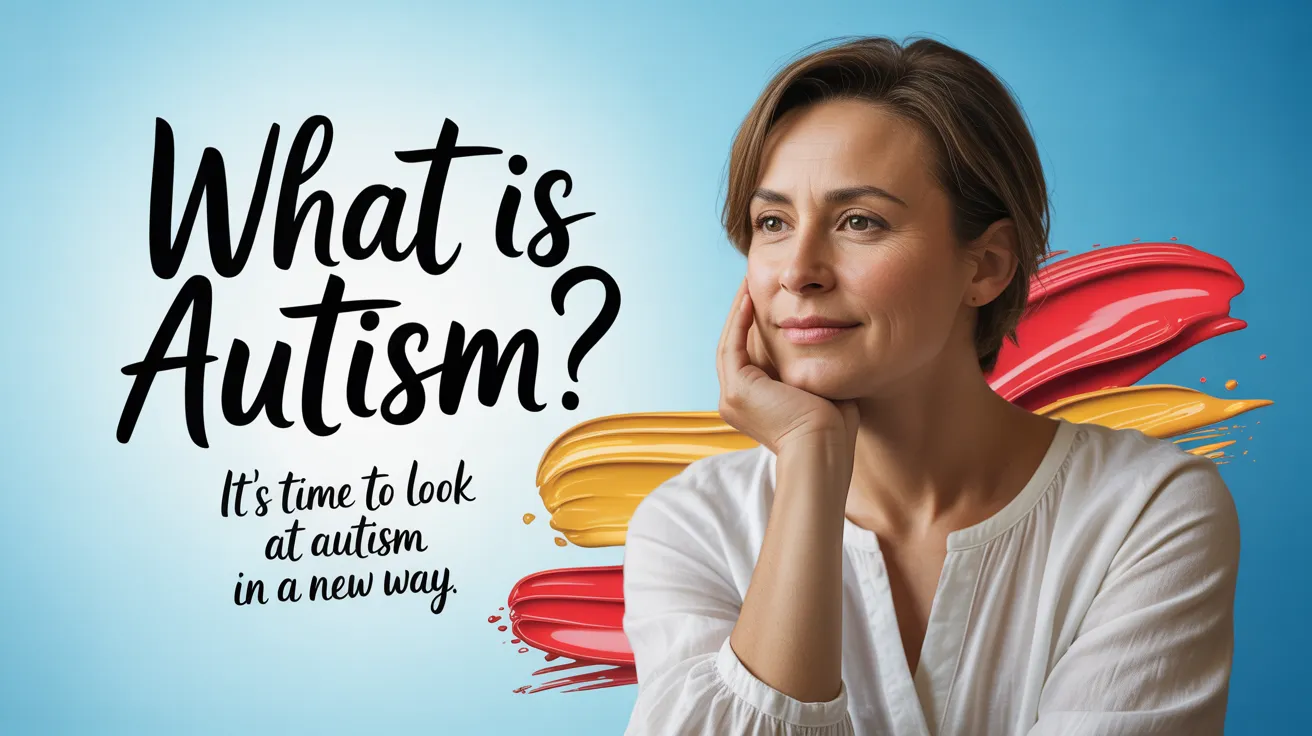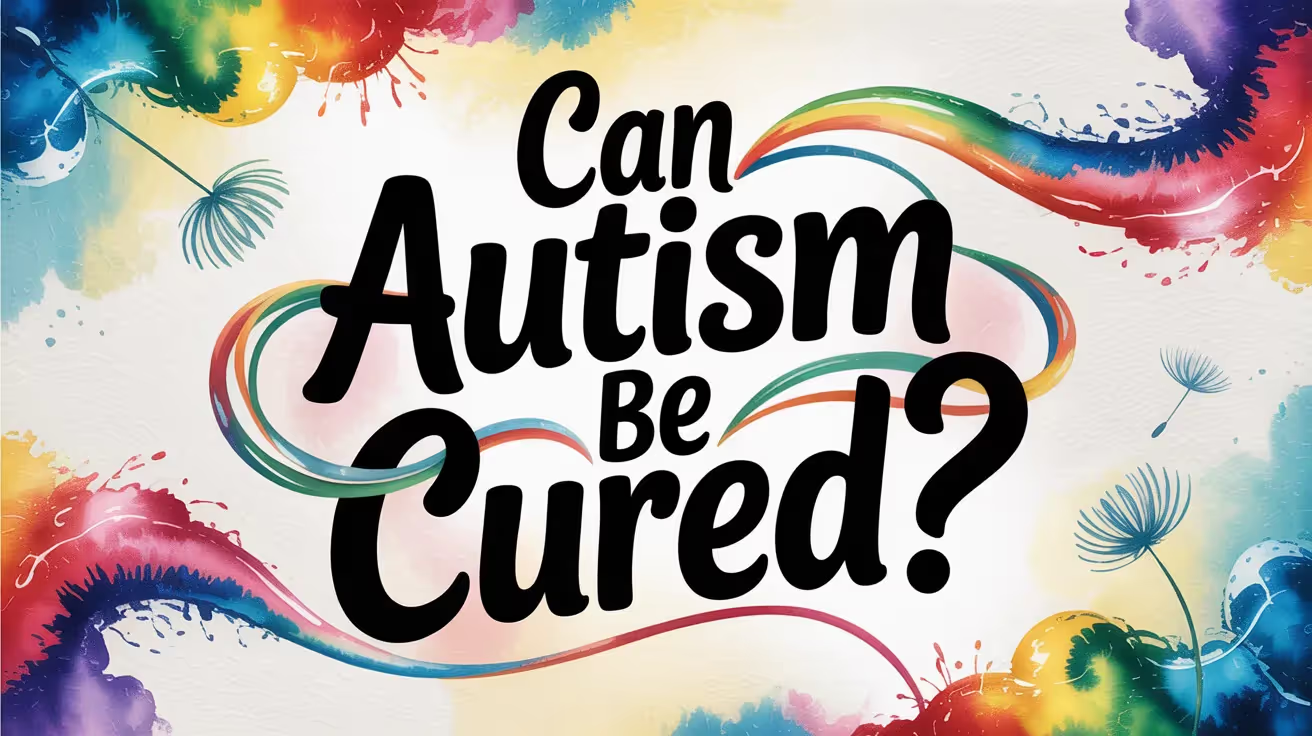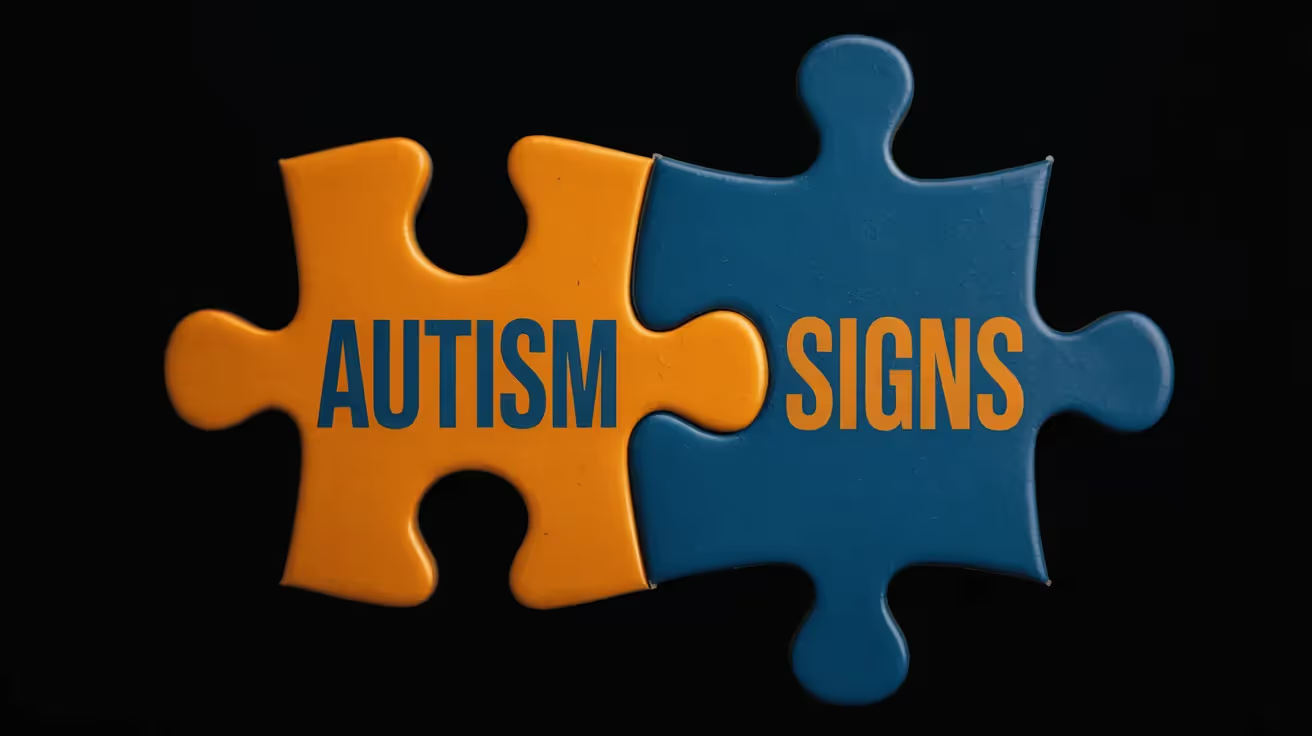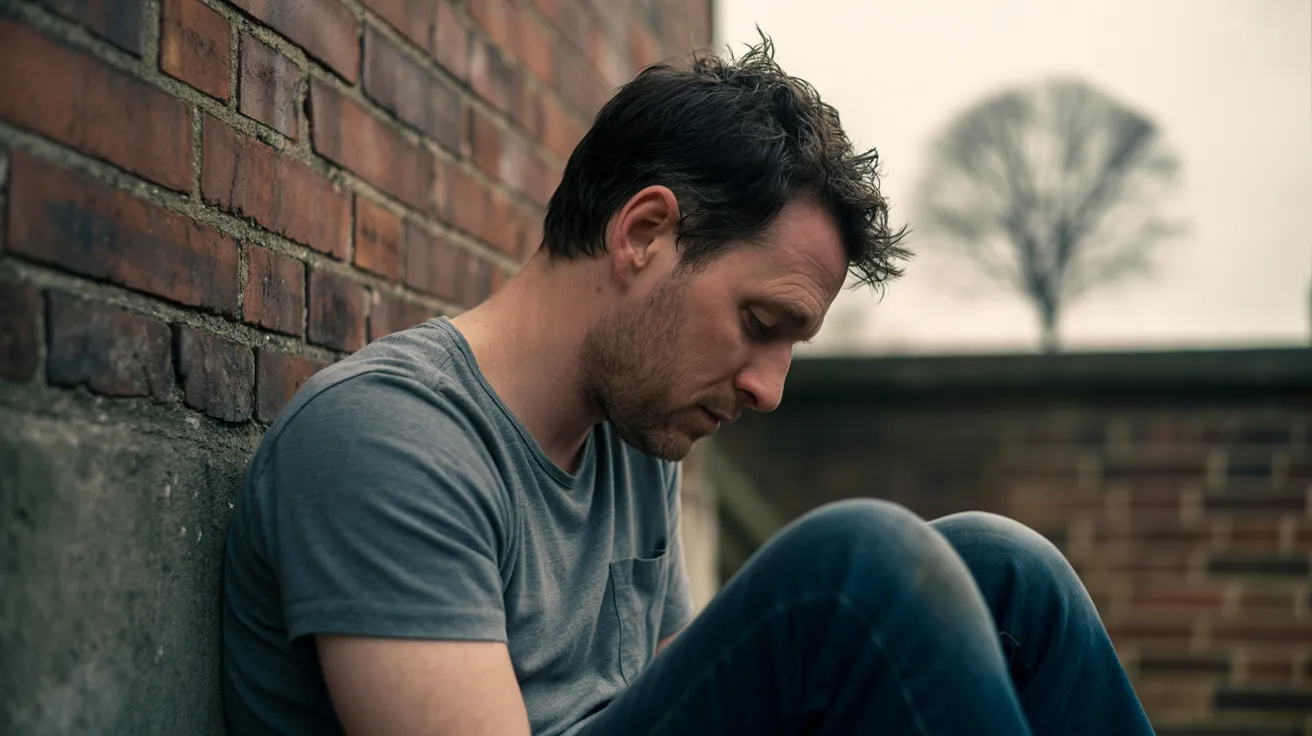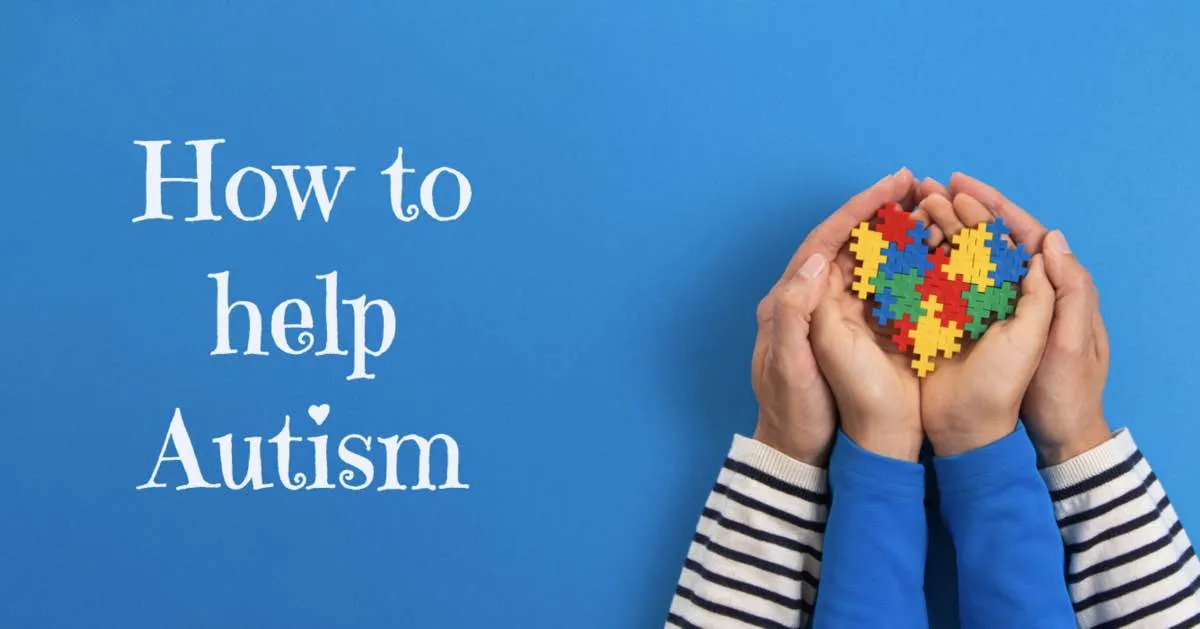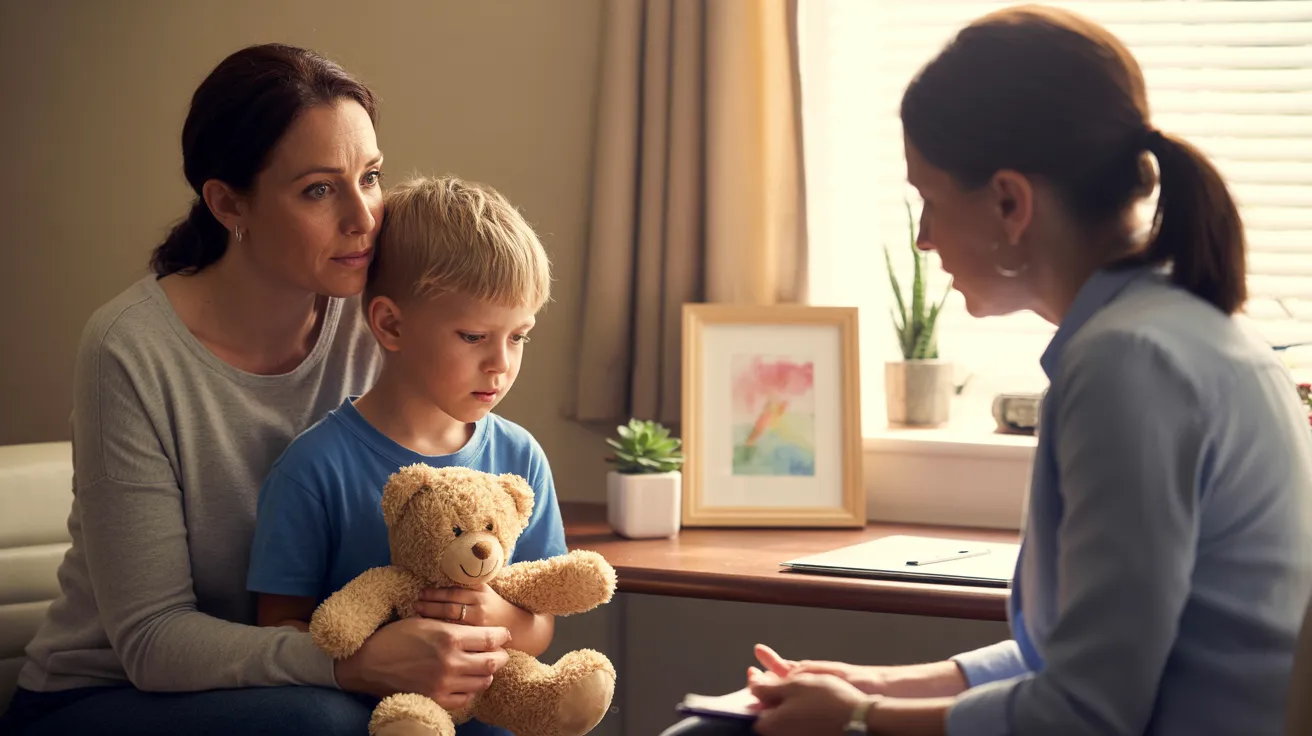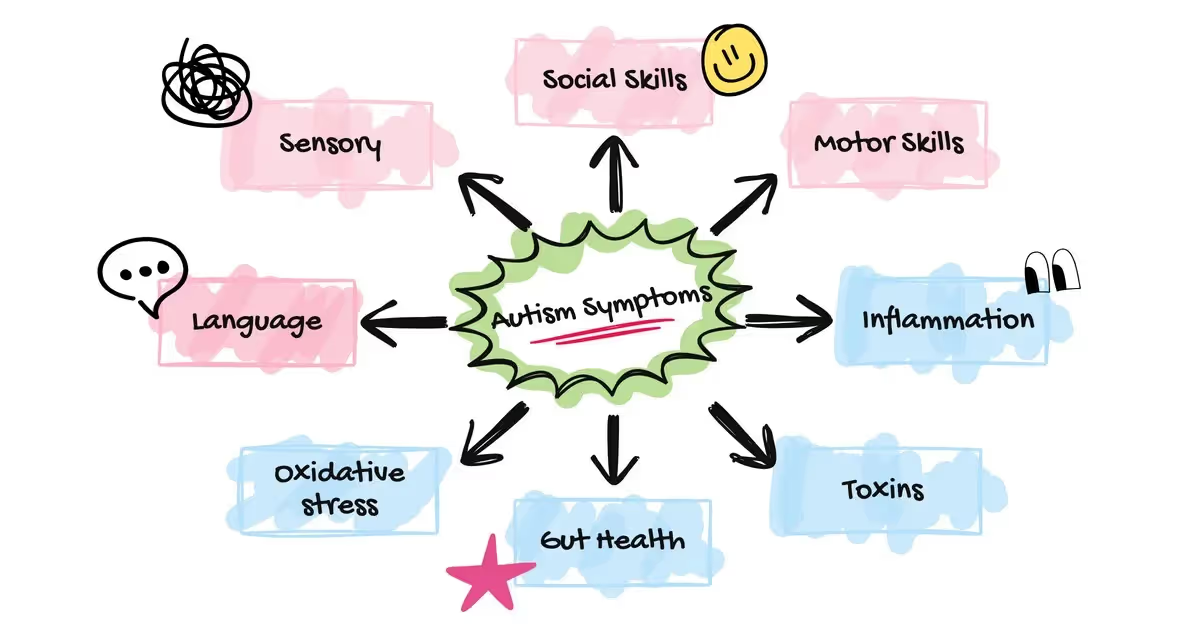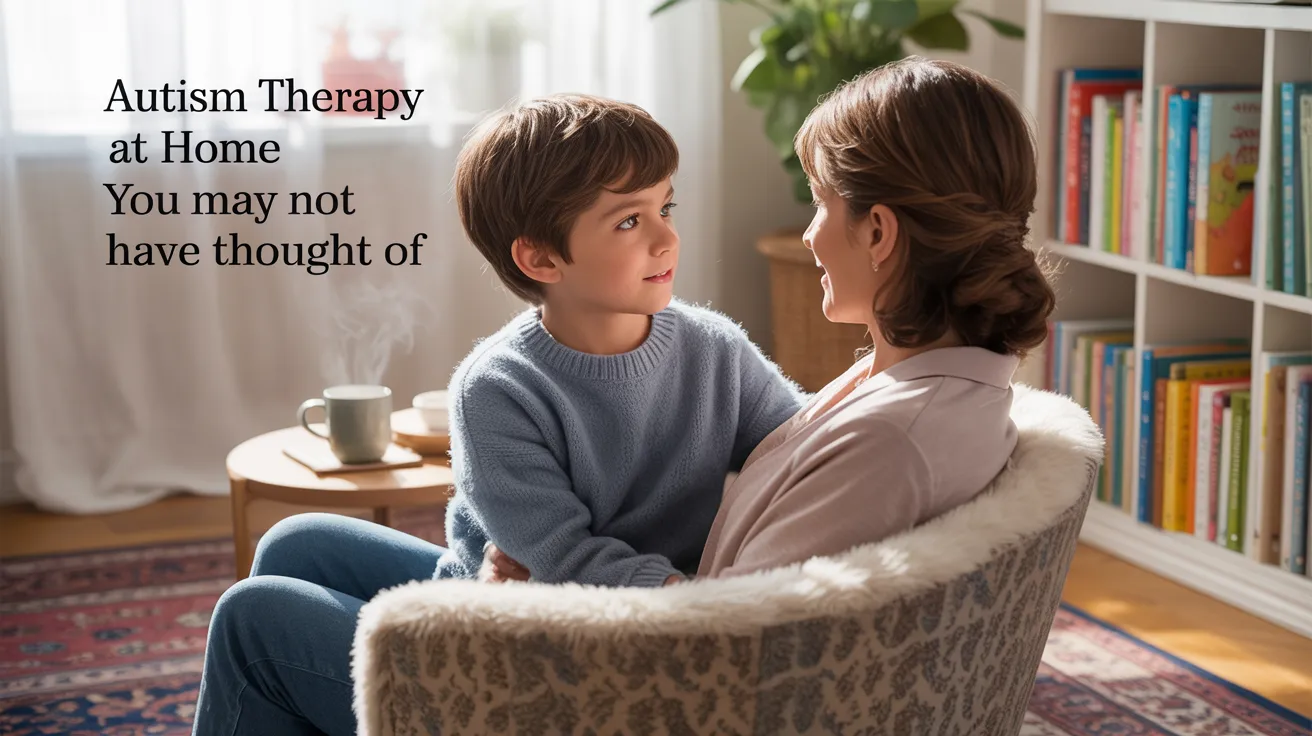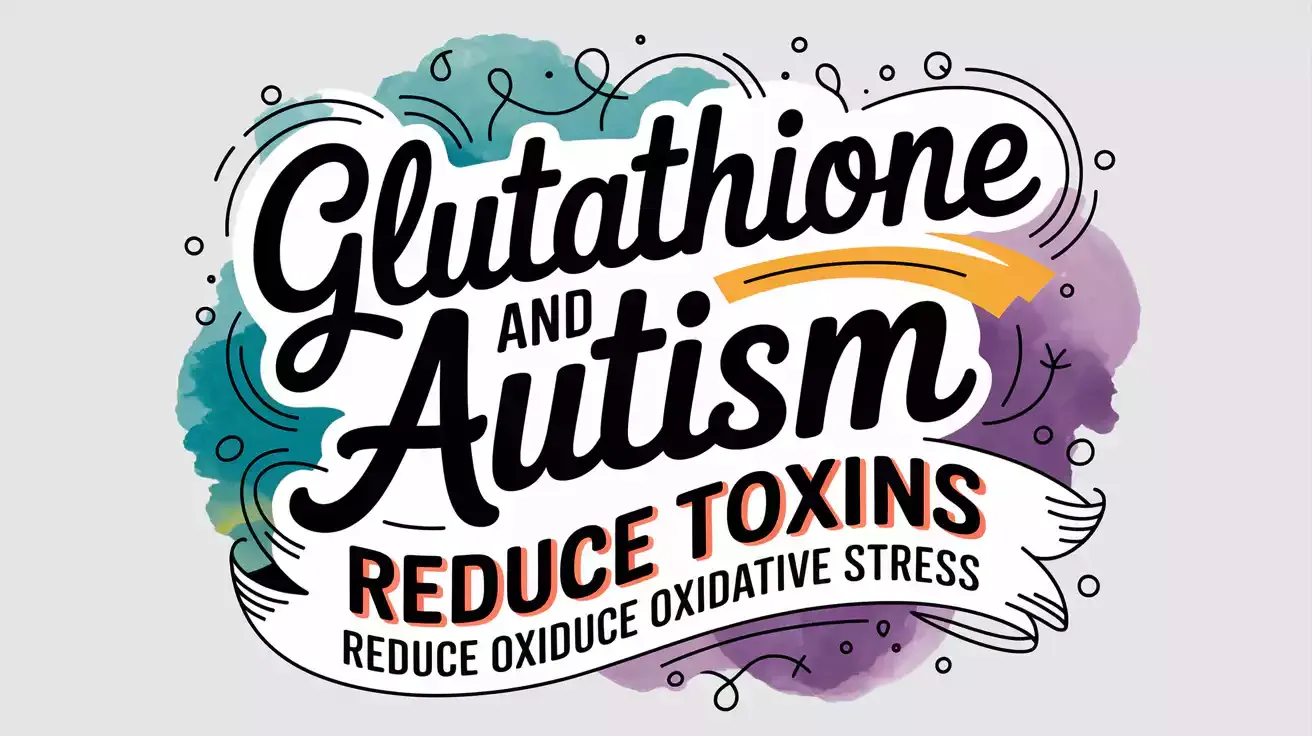As a fellow parent, I know the struggle of looking for answers about autism. What is it? Can early intervention cure it?
What's important to understand as we explore if early intervention can cure autism is to deeply explore what autism actually is. Are you treating hand-flapping, physical movement challenges or high inflammation? Every child's case is unique and what causes their autism symptoms may be different too.
It's all very overwhelming and complicated to tackle, so I completely understand if you disagree with me. But my hope is that this research can help you better approach treatment based on your child's specific needs.
Ultimately, we must consider more options to add to standard early interventions. Adding natural therapies, proper diet and lifestyle choices that promote overall health in our children with ASD has helped in many cases. In striving for solutions together, let us come together and hold each other up during this difficult journey of supporting our children on the spectrum.
What Is Autism?
Autism Spectrum Disorder (ASD) is a complex neurodevelopmental disorder that affects how individuals interact with the world around them. It is characterised by difficulties in social interaction, communication skills, poor eye contact and repetitive behaviours. If you would like to quickly read more about what autism is, then please read more details in this post.
What's important for this post that discusses if early intervention can cure autism, is to explore what autism actually is. By that I mean, what autism is, not what the symptoms of autism are.
To know if early intervention can cure autism, first you have to know what you're curing. Are you curing hand flapping, physical movement challenges (such as toe walking), social challenges, or any of the many autism symptoms? Or, are you curing high inflammation, gut issues, concentration challenges, and sleep issues.
Explore autism in detail, and you'll soon realise that autism is not something to be cured.
However, you can help your child overcome challenges that fall into the bucket of autism symptoms.
So, what is Autism? What is it really? To be honest, there's no clear answer on that. We can describe some signs and symptoms that are common in autism, but that is not what autism is. If you were to describe what autism is based on the signs and symptoms for your child, that will just be for your child. Every child is different.
So is autism a condition with high brain inflammation and delays in brain development? Maybe, however, brain inflammation is also common and a driving force for other diagnosable conditions such as anxiety.
I could go on, but you probably get what I'm trying to say (even if you disagree). Autism is not a diagnosis such as cancer whereby there's clear pathology used to diagnose the condition.
Can Autism Be Cured?
Now that you've read my quick summary of what autism is, from the context of curing autism, I'll give the quick answer.
No, autism can't be cured, because there's nothing to be cured of. At least we can say that we don't know what we are curing. So in short, autism is not a disease, so there is no cure.
I'll expand a little on the idea that autism is not a disease. In many cases, autistic people are brilliant. They see the world in a new and amazing way. They are just what this crazy world needs.
Why do we see this as a problem? Even worse, why do some people see it as a disease to be cured of?
Well, it often has something to do with the 'weird' traits and behaviours that people with autism have. Because they are different, some people see it as a problem that needs to be cured.
There are, however, deeper levels of autism where the brilliance cannot get out to be expressed. This means that the world doesn't see the brilliance. When parents like us see this in our children, we want to act. Rightfully so. We certainly acted with early intervention which helped our son's brilliance emerge.
To ensure the brilliance emerges to be seen, our focus needs to shift away from curing autism. Think more about supporting our children so that the brilliance can emerge.
If you want to develop yourself into being a world-renowned actor, athlete or scientist, you do things to improve your body, mind and spirit. Okay, most stick to the body and mind, but I thought I'd put it out there. People prioritise their health. They reduce inflammation and improve their immune system. They improve their energy and work on brain health.
Autistic children are no different. To let the world see who they are, they need health strategies and early intervention that work on some of their challenges.
So, our focus should not be on curing autism. However, it should be on improving health and using strategies to help overcome their challenges. The earlier this is done, the easier and more effective the strategies will be.
For more, please read our dedicated post exploring the idea of curing autism.
Why Is There No Cure For Autism?
Based on our healthcare system in the western world, a cure needs to be a medical procedure or drug.
Due to all of the above reasons, along with there being no medical procedure or drug that has been proven effective for treating autism, there is no cure for autism.
While there have been reports of success with early interventions, they do not always work in every case as the disorder presents differently across individuals. Additionally, there are many combinations of early interventions that have been tried. Each individual will need their own combination of interventions.
Early Intervention Strategies For Autism.
Early intervention is very important for children with autism spectrum disorder. It helps them to develop the skills they need to cope with their environment and to interact with others. Early intervention can include speech therapy, occupational therapy, physical therapy, and social skills training.
An early intervention program can also help children learn how to communicate better, manage their emotions, and develop self-care skills. It can also help them learn how to interact with other people positively.
A common missing piece with early intervention is neglecting strategies to improve health. It's critical to include diet and lifestyle strategies. Adding these strategies will improve outcomes from the more common early interventions.
Below are some early intervention strategies to improve outcomes for your child.
Occupational Therapy
Psychology/Counselling
Speech Pathology
Physical Therapy
Primitive Reflex Therapy
Social Skills Training
Improving diet by preparing more nutritious food
Integrative Health Practitioner
Nutritionist
Autism Coach
You will not be able to include all the strategies above. However, there are overlapping interventions. For example, finding a good occupational therapist that also is skilled with primitive reflexes and social skills training is a very wise move.
Summary
In summary, early intervention is an important part of helping children with autism reach their full potential. It can include speech therapy, occupational therapy, physical therapy, and social skills training. Additionally, it is important to include strategies to improve health, such as improving diet and lifestyle choices. By combining these interventions, parents can help their children overcome the challenges associated with autism and allow their brilliance to emerge.
Further reading....
4 ways to heal autism naturally at home.
Frequently Asked Questions
Can early intervention actually cure autism?
Many people hope for a cure for autism, but currently, there is no known cure that completely eliminates autism spectrum disorder (ASD). However, early intervention can significantly improve outcomes for children with autism. These interventions focus on helping children develop skills in communication, social interaction, and behavior, enabling them to reach their full potential. While they don't 'cure' autism in the traditional sense, early intervention can often make a profound difference in a child's development and quality of life.
What types of early interventions are most effective for children with autism?
Several early intervention approaches have shown positive outcomes. Common early interventions include:
- Applied Behavior Analysis (ABA): Focuses on reinforcing desired behaviors and reducing unwanted ones through systematic techniques.
- Speech and Language Therapy: Aims to improve communication skills.
- Occupational Therapy: Helps children develop daily living skills and sensory processing.
Real-world along with scientific knowledge supports combining these standard early interventions with diet and lifestyle strategies that provide essential nutrients to support health. These dietary changes should include those that support lowering inflammation and support healthy mitochondria.The most effective approach often combines several therapies tailored to the child's specific needs. Early diagnosis and personalized intervention are key to achieving the best outcomes.
Is there a scientific basis that supports the idea of curing autism through intervention?
Research indicates that early intervention can lead to measurable improvements in language, social skills, and adaptive behaviors for many children with autism. However, autism is a neurodevelopmental condition with a complex and diverse presentation. The goal of intervention is typically to enhance the child's abilities and reduce challenges rather than to cure or eradicate autism itself. Ongoing studies continue to explore how different therapies affect brain development, underscoring the importance of early, targeted support. It's important to have realistic expectations and understand that progress varies among individuals.
At what age should intervention ideally start, and why does timing matter?
Ideally, intervention should begin as early as the first signs of autism or developmental delays are noticed, often between 18 and 24 months. Early intervention is crucial because a child's brain is most adaptable during these formative years—a period known as neuroplasticity. Starting early can maximize the brain's ability to develop new pathways, leading to better language skills, social connections, and daily functioning. Delaying intervention may result in missed opportunities for optimal development, but it's never too late to start—improvements can still be achieved at older ages with appropriate support.
Are there any technological or genetic breakthroughs that suggest a future cure for autism?
As of now, there is no technological or genetic breakthrough that offers a definitive cure for autism. Researchers are actively exploring areas such as:
- Genetic studies: Identifying genes associated with autism to understand its biological basis better. Understanding genetic differences can guide therapies.
- Potential pharmaceutical treatments: Developing medications that target specific neurobiological pathways may improve outcomes in the future.
- Dietary and lifestyle changes: Diets that provide essential nutrients and reduce inflammation are showing very positive results.
- Neurotechnology: Using brain imaging, neurofeedback, and neural modulation to understand and potentially influence brain development.
While these advances hold promise for better support and possibly altering developmental trajectories, they are still in research stages. Currently, the focus remains on early intervention, education, and support strategies to improve quality of life for autistic individuals.
